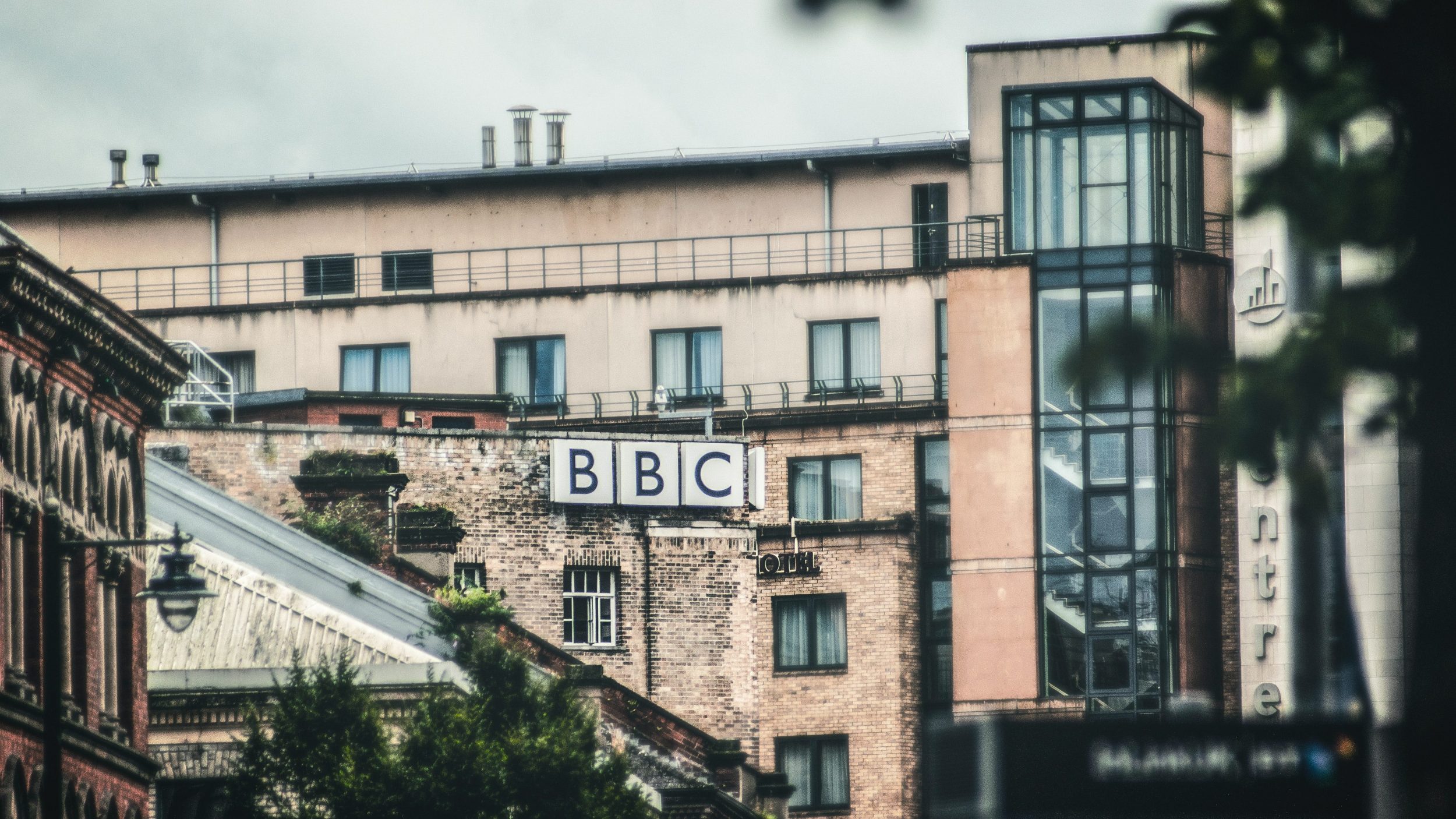 LSE’s Professor Bart Cammaerts calls for social media companies to reconsider the impact of allowing extreme right-wing political parties to use their platforms to spread hateful messaging.
LSE’s Professor Bart Cammaerts calls for social media companies to reconsider the impact of allowing extreme right-wing political parties to use their platforms to spread hateful messaging.
For many years, the negative and harmful impact of social media platforms on democratic life was common knowledge within the community of critical scholars analysing social media and their impact on political and social life. In October 2021, Frances Haugen, a whistleblower who was a member of the civic misinformation team at Facebook, finally said out loud what everyone already knew, namely that a deep and fundamental conflict exists between “what was good for the public and what was good for Facebook”, but when push comes to shove, “Facebook over and over again chose to optimize for its own interests like making more money”. Facebook, Haugen argued, is “tearing our societies apart and causing ethnic violence around the world”.
This pertinent and revealing critique does not merely apply to Facebook, however, but to all major social media platforms. It is becoming increasingly clear that the logic and modus operandi of the dominant platforms, namely those owned by Meta (Facebook, Instagram, WhatsApp), by Alphabet (i.e. Google, YouTube) and X, are highly detrimental to the social and cultural fabric of democratic societies and actively undermining the underpinning democratic values inherent to them. All of these Big Tech oligopolies, of course, claim otherwise. And they certainly have acquired a front and central place in the contemporary information ecology. In essence, however, they all harbour business models which are deeply implicated in the promotion of anti-democratic and anti-civic cultures. These models contribute to and monetise the unfettered spread of propagandistic disinformation and conspiracy theories, and actively promote hate and neo-fascist political actors.
The platform companies are, however, not only making enormous profits precisely because of the strong engagement and ample clicks which such deeply problematic and highly emotive content generates with their own advertising opportunities. Even more damning, in my view, is that these companies also accept huge payments directly from populist neo-fascists and other nefarious actors across the world and in return these companies give them access to their algorithm and to the deeply private personal and political data of their users. This is anti-democratic behaviour and indefensible.
In 2022, the populist North-Belgian neo-fascist party Vlaams Belang [Flemish Interest] spent €1.17 million on online advertising, mostly Facebook and Google ads, but also to push YouTube content. From January 2023 till May 2023, they had already spent €709,924, so they are well under way to exceed the 2022 total; they are even projected to be the second biggest spender of online political advertising in the EU. This is money well-spent to enable them to efficiently target their anti-democratic propaganda, anti-LGBTQ discourses, nasty racist dog-whistles and -trumpets as well as blatant disinformation. They currently poll as the largest party in North-Belgium. In many European countries, similar tendencies can be observed, such as the way social media played a central role in the ascendance to power of the neo-fascists in Italy. From August 2022 until the general elections in September 2022, the extreme right in Italy (led by Matteo Salvini and Giorgia Meloni) paid a total of €209,385 to Facebook, less so than their Belgian counterparts, but still the largest amount by far of all political parties in Italy.
Tom Van Grieken, the leader of the North-Belgian neo-fascist party Vlaams Belang and the politician who individually spends the most on social media advertising in the whole of Europe, claims that this social media spending is necessary because he and his neo-fascist party do not get a fair hearing in the ‘biased’ mainstream media. Evidence shows, however, that his party and their talking points do get exposure in the mainstream media, but at the same time in those contexts there is also a democratic push-back to their vile discourse, and rightly so! Where he is right, of course, is that social media do indeed enable what is called disintermediation. You can not only cut out the annoying journalists asking democratically pertinent and critical questions, but at the same time the platform companies enable you to efficiently micro-target and tailor your propaganda and racist discourse to specific constituencies. What’s not to like?
Populist neo-fascism and its extensive use of social media platforms for its vile propaganda is not just limited to a Western context, but is also a destructive force in the Global South. In those contexts, social media platforms are central to fascist strategies to divide, to Other, to call for (ethnic) violence, and to lie. For instance, the relationship between Meta and India’s leading party BJP and its leader Narendra Modi is cozy, to put it mildly. Modi infamously hugged Mark Zuckerberg at Facebook’s headquarters in Menlo Park, California in 2015, and as recent research by the Washington Post revealed, Modi and related Hindu extremist groups “have perfected the spread of inflammatory, often false and bigoted material on an industrial scale” and the Silicon Valley giants have often “willingly turned a blind eye”. A similar story could be told about former Brazilian president Jair Bolsonaro and his propaganda machine, which amply used WhatsApp and other social media platforms as potent campaigning tools to distribute vicious content and lies through what was commonly called the Office of Hate in Brazil.
Taking all this together, it is clear that the social media oligopolies owning Facebook, Instagram, Google, YouTube and X are deeply complicit in the amplification and the further normalisation of populist neo-fascist discourses, values, ideas and actors. In addition to this, they are also profiting from it financially. This is not simply through commodifying the intense and emotive interactions and engagement relating to these discourses but also by making huge profits off these actors and giving them access to their backdoor and algorithmic power.
In light of this, the moderation discourse and policies these platform companies claim to have are frankly a joke, and failing on all levels. They do not stop hate speech or the widespread dissemination of falsehoods, disinformation, and conspiracy theories, especially not when they are propagated by populist neo-fascists – as in the end the latter are paying generously for it. In the case of X, its new owner Elon Musk basically dismantled its moderation capacity which gave rise to a marked increase in hate speech circulating on the platform and the profits made from it.
Political theorist Jan-Werner Müller speaks of the urgent need for a “hard border” of principles between democrats and anti-democrats, and I believe that this needs to be extended to social media platforms. In the post-WW2 period, social responsibility theory provided a normative framework and agenda that positioned journalism as a vital democratic actor. It called for a better representation of marginalised and minority communities, to fulfil a facilitative role in terms of democratic debate, to hold the powers that be to account, but also to exert their access power responsibly and democratically. This should, in my view, also apply to social media companies who should take their social and democratic responsibility much more seriously and stop monetising hate and lies. A good start in this regard would be to refuse money from neo-fascists and deny them access to their algorithms and the personal and political data of their users.
This post represents the views of the author and not the position of the Media@LSE blog, nor of the London School of Economics and Political Science.
Featured image: Photo by Daria Nepriakhina 🇺🇦 on Unsplash





